BLOG
Neurosweat

Mindset tips from the Olympics
Let’s honor the 16 days we spent in awe of the world’s greatest athletes by taking a page from their playbook. Here are 8 Olympian-approved ways to fortify your mental game and elevate your performance - in whatever arena you perform.
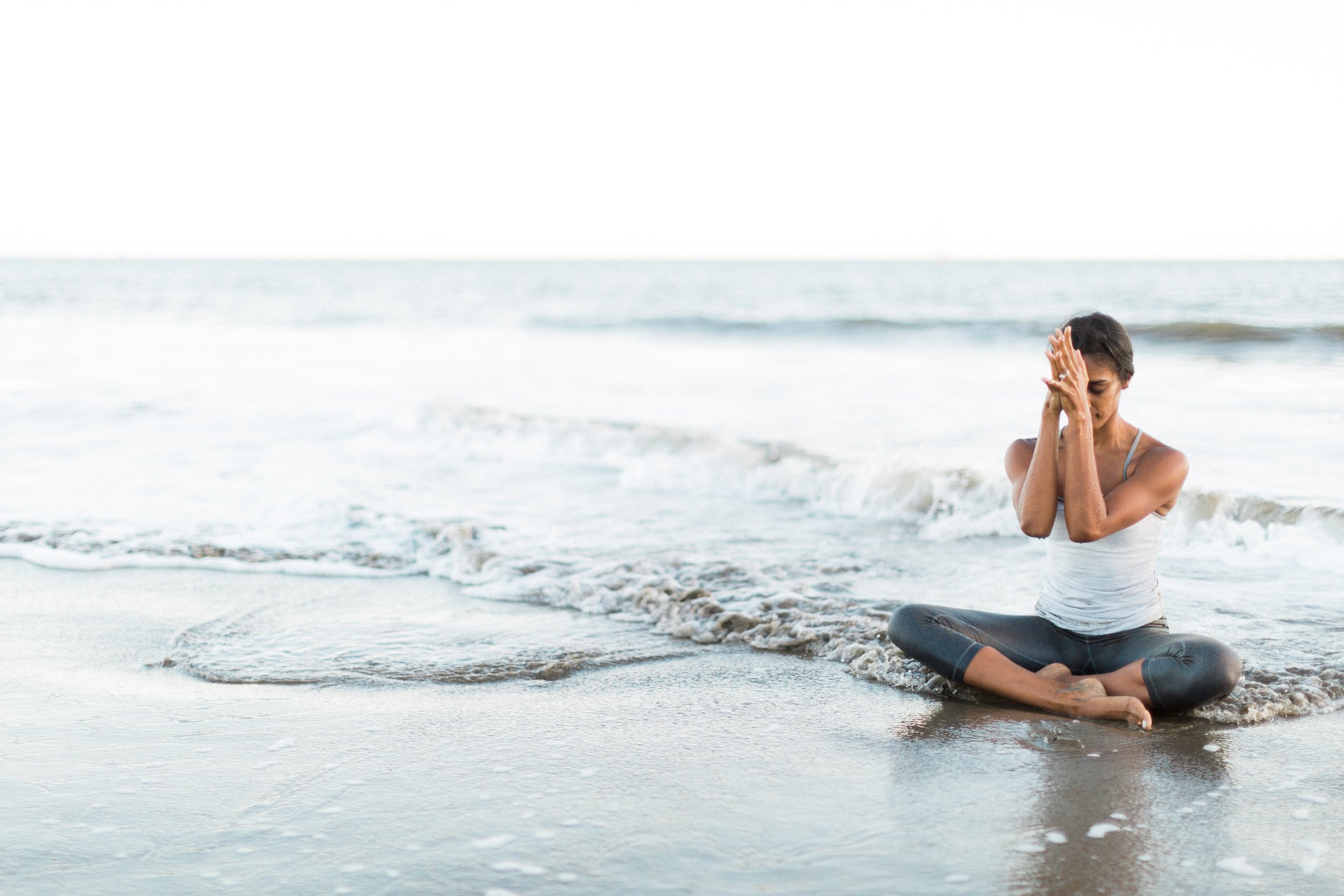
My word for 2023
My intention is that by December, I’ll be proud of all the moments I recognized being off-balanced and was quickly able to re-establish my center. That will be the mark of a successful year.
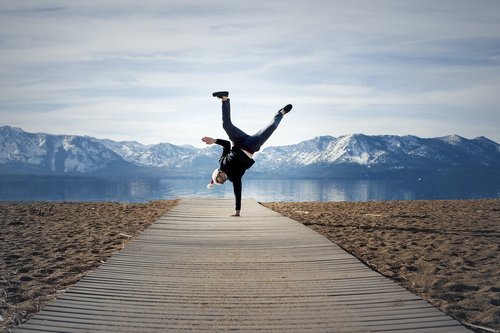
Find your bliss
Bliss is available to each and every one of us, and you’re a heck of a lot closer to accessing it than you think. To give yourself the opportunity to sink into bliss more often, practice the three Ps: Presence, Passion, and Persistence.
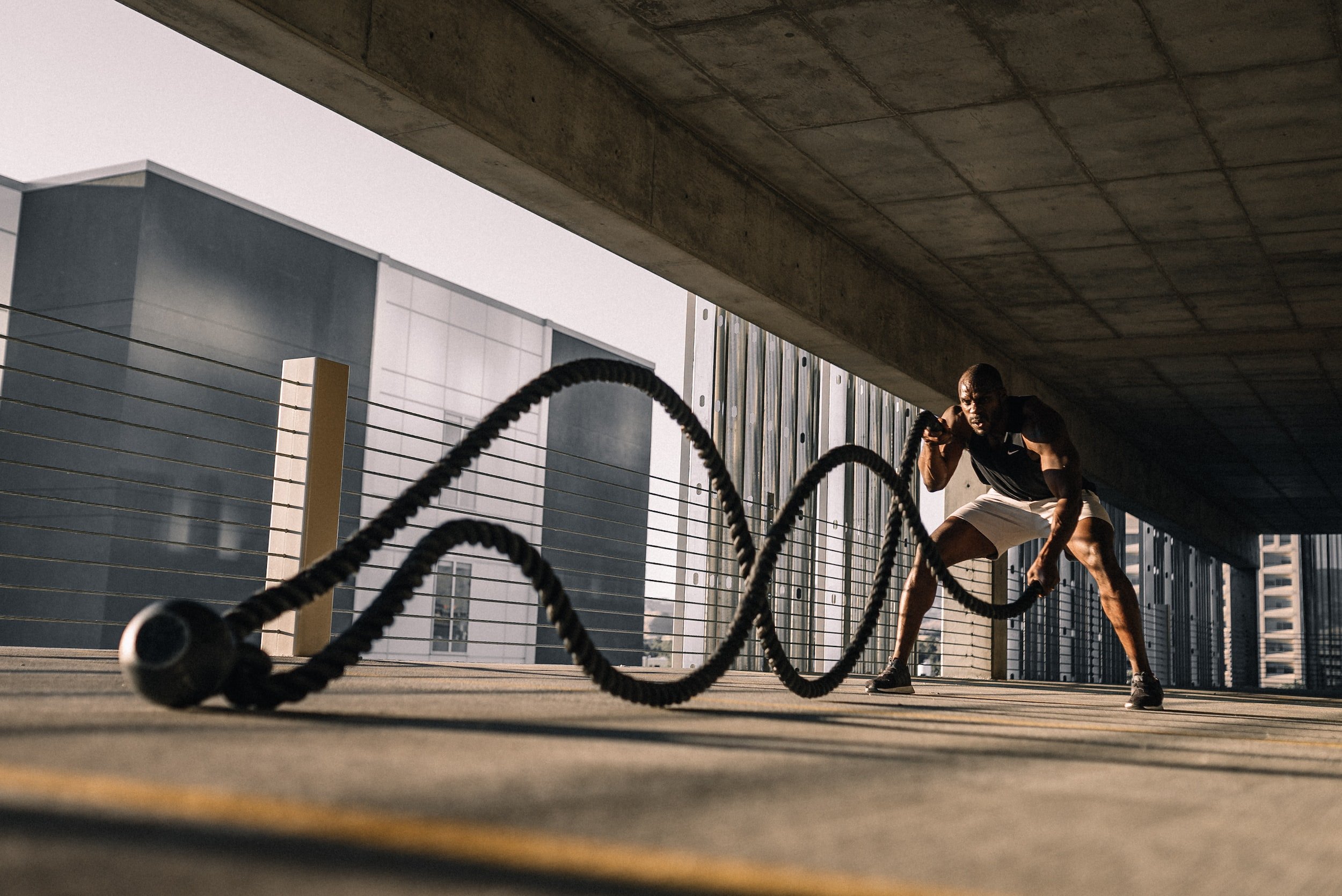
Embrace the suck
To grow in any capacity we have to do hard things. We can either run away from the duty and create resistance. Or, we can “embrace the suck.”

Align with truth
When you contemplate the word “truth”, what comes to mind? In our pursuit of self-actualization, establishing a solid relationship with truth is foundational.
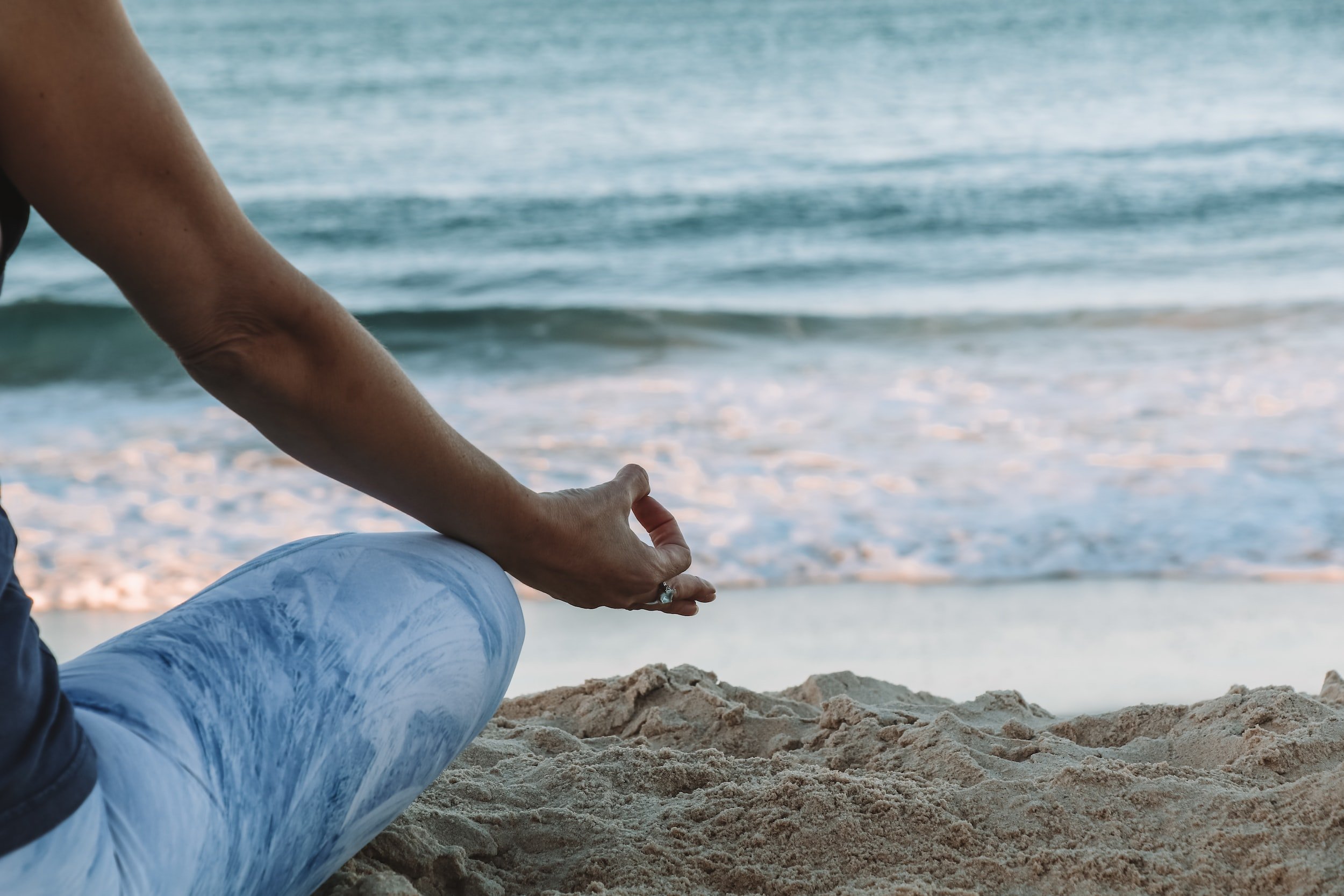
Using yoga philosophy to train mental performance
Patanjali’s Yoga Sutras create a guiding tapestry for leading a meaningful, and ultimately enlightened, life. They can be used by anyone who is truly seeking higher levels of performance, whether in sport, work, or life, and is wanting to master their mind and explore the realm beyond it.

Current reflections on trauma (our fertility story)
Trauma never disappears, but it certainly takes up less space. Over time, we reflect on traumatic events with more objectivity and less attachment.
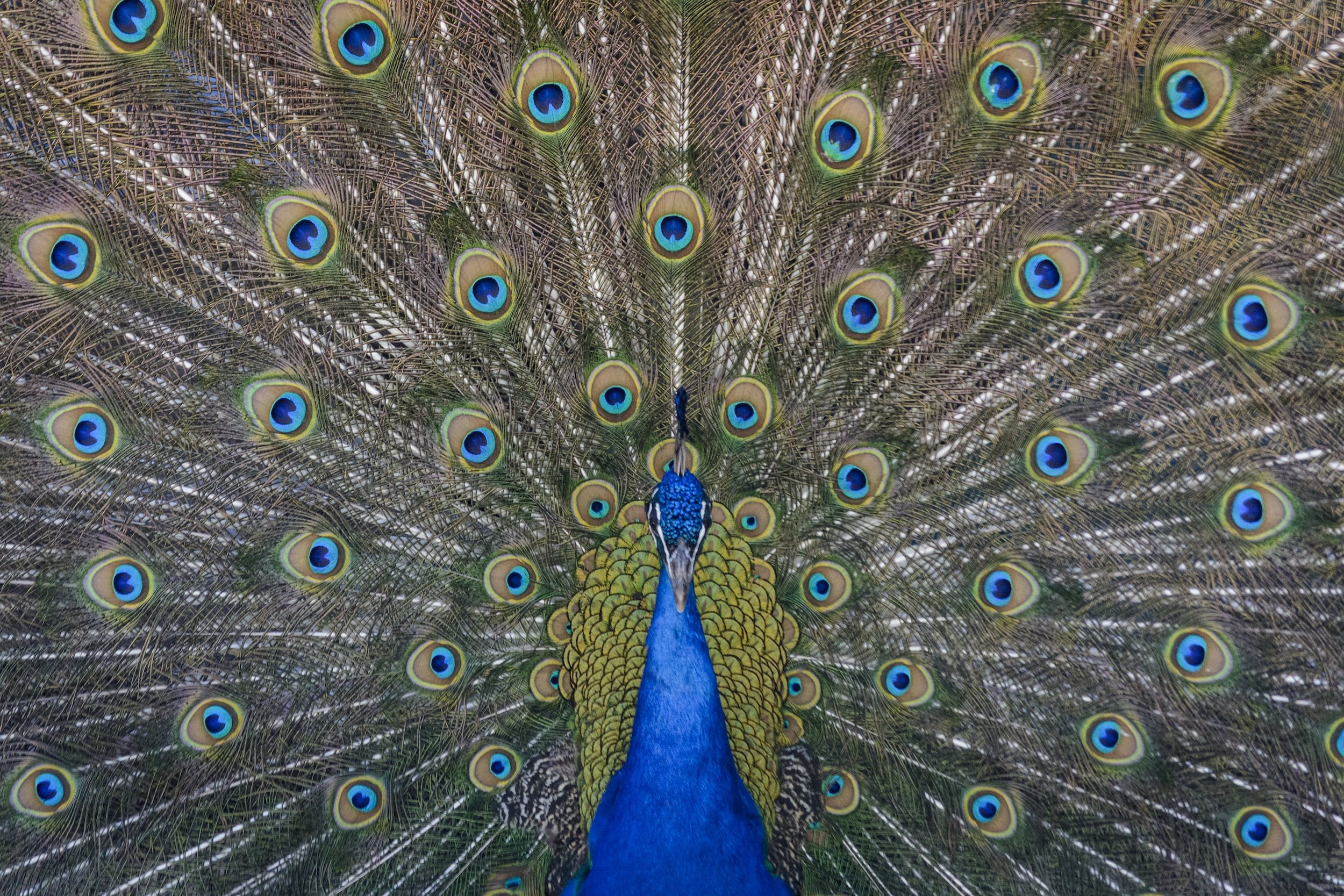
Allow self-confidence to emerge
Self-confidence in sport, specifically, is about tapping into your body’s inner intelligence to achieve a coordinated and powerful movement. If we apply this to running a business, it’s about quieting the chatty mind and critical voice, and allowing your leadership wisdom to shine through. When we dissect this further and consider Self 1 as the ego-mind and Self 2 as the body (including the brain and nervous system), we’re really referring to the ability of Self 1 to trust Self 2. As that trust is developed, so too is our self-confidence, which over time allows us to just do the damn thing . . . instead of always doubting and getting in our own way.

Positive thinking isn’t always better
Negative thinking gets a lot of nasty looks - and for good reason. It has a very real effect on one’s psychology and can become a self-fulfilling prophecy. But, what about positive thinking? Is it all that it’s cracked up to be?
Now, don’t get me wrong. In a head to head battle, positive thinking will beat negative thinking almost every time. The psychological and physical health research supporting positive thinking is pretty convincing.
But, there’s also a downside to positive thinking that’s not always discussed and the key is in the second word: thinking. This downside is most detrimental when we’re initiating an action or trying to perform in intense pressure situations.

Introducing Self 1 and Self 2
In an effort to drop into peak performance more frequently, it’s helpful to have a broad understanding of what’s going on in the mind when we’re not in flow.
In his book, The Inner Game of Tennis, Timothy Gallwey introduces the reader to Self 1 and Self 2. Self 1 can be thought of as the ego-mind. It’s always thinking, always commenting, and incredibly judgmental. Self 2 is the body. It includes the unconscious mind and the nervous system. Self 1 is the “teller” and Self 2 is the “doer”. But, Self 2 is not subservient. It is actually very wise; it just doesn’t have a chance to do its thing because, well, Self 1 nags . . . a lot.
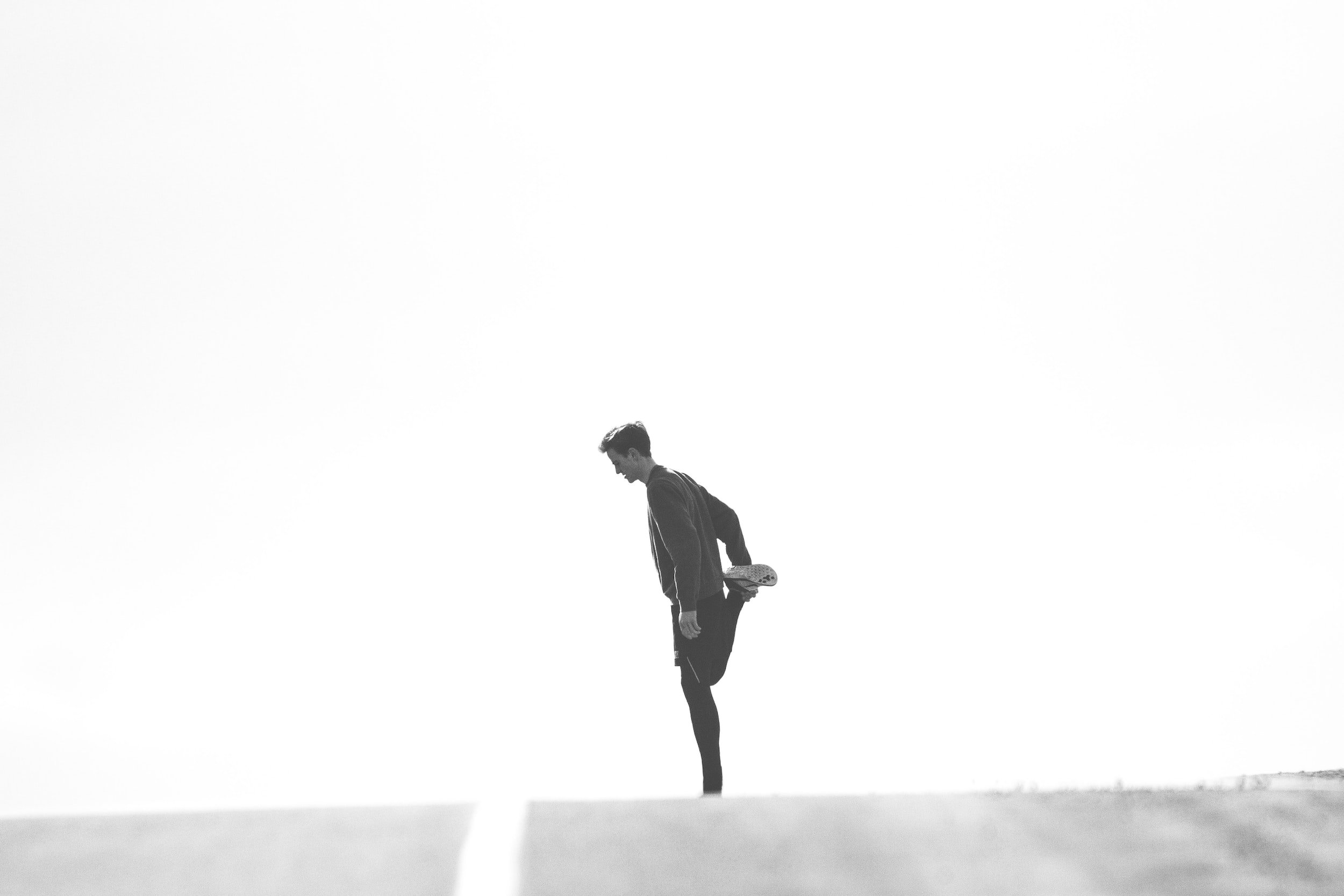
Do this one thing to perform more consistently
If you want to perform well, then you have to pay attention to how you prepare immediately before a performance. If you want to perform well consistently, then you should do the same thing before every performance.

Does mindfulness make you lazy?
What’s the relationship between mindfulness, motivation, and performance? Here, we explore the findings of an interesting study.
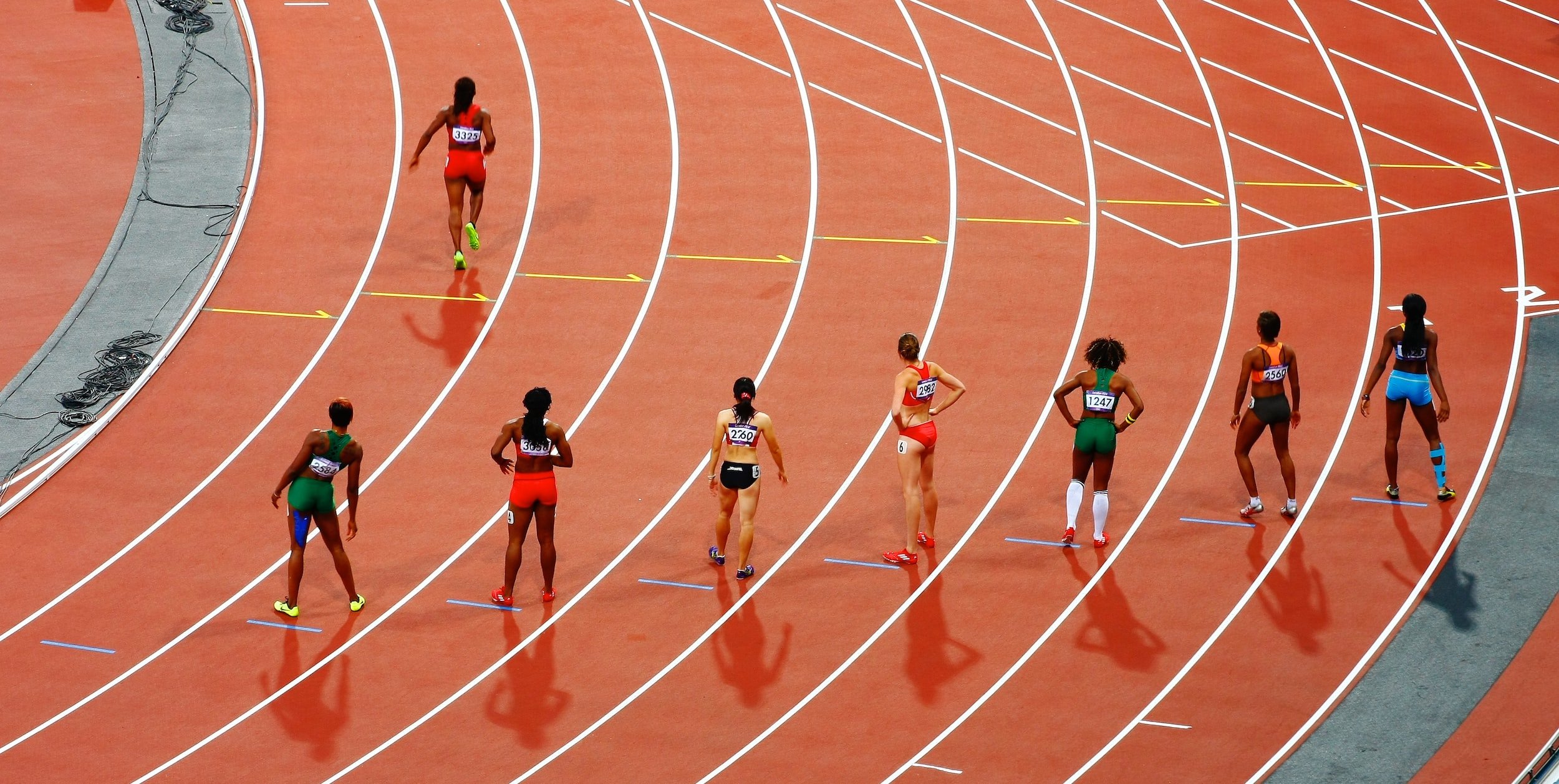
Dealing with imposter phenomenon
Imposter phenomenon is a psychological construct in which we doubt our competency or do not feel deserving of our accomplishments . . . [It] can be debilitating and is certainly one way in which people may get in their own way. It can lead to burnout, anxiety, or depression - and is also linked to a decrease in risk-taking behavior, which isn’t always a good thing in business or athletics . . . Luckily, there are several proven strategies for overcoming imposter phenomenon.

Creating your legacy
I strongly believe that each of us has a responsibility to make this place a little bit better. It’s not about dramatically changing the world. It’s not about beating a record or creating a fortune. Sure, those objectives can be part of it. But, I encourage you to focus on how you make other people feel. Does your story inspire? Do you challenge people to think? Do you help people feel seen? Those footprints will leave a much deeper impression in the ground.

7 questions to ask yourself every night
The best of the best are committed to excellence every single day. They rise in the morning with intention, divide their day into deliberate, task-focused segments, and close each day with reflection. Wash, rinse, repeat . . . The reflection period is critical. It accelerates growth because it creates space for small adjustments in how you show up the next day. Reflection is an opportunity for feedback - the kind you don’t have to wait for because it arises from within. If you don’t take the time to assess your performance on a regular basis, then it’ll be difficult to course correct later.

Once a dancer, always a dancer
One of the greatest privileges of my career is witnessing an athlete’s arc over time and how they manage the transitions inherent to any athletic career. Whether the transition is from high school to college, from good to great, or from playing to retiring, it always contains a mixture of resistance, lessons, and opportunities for growth.

My word for 2022
Do you have a word for 2022? Or have you heard of people setting a word for their year? I abandoned resolutions years ago and hopped on the ‘word’ bandwagon instead - and I’m much happier here. My word of the year serves as my North Star, a point of focus around which I can orient my life. It’s a quality that I want to manifest, exude, and experience more of - and aligning my actions with it contributes to my growth.

Don’t just stand there, bust a move: The art of waiting
Waiting is inherent to living. Unfortunately, in this age of instant gratification, our patience is often tested. If you’re waiting anxiously and complaining about the process, then you’re missing out on the richness of those in-between moments. Plus, waiting fortifies the mind - and isn’t that partly why we’re here? To gain some mental strength and grow as humans? Let’s explore the benefit of waiting on mental strength and the art of waiting well.

A love letter to movement
I remember the early days.
Riding a tricycle around the black top at my preschool by the sea.
Doing the Mexican Hat Dance with my first dance teacher and my toddler brother chasing me.
Taking my first ballet class at 8 and performing in more Nutcrackers than I can remember.
Crushing the competition in the 4x100 relay at my elementary school’s Olympic Day.
The freedom.
The joy.

Show up anyway: A request during this pandemic
Feel all the feels and show up anyway. That’s resilience . . . Every single one of us has something to offer. It may not be a colossal sacrifice, it may not be a grand philanthropic gesture, and it certainly doesn’t have to be perfect. But, you have something to offer and that’s what the world needs right now. Whether you’re carrying a torch on the front lines of this pandemic, or you’re holding a single match that only illuminates the space around you, your light is needed.
